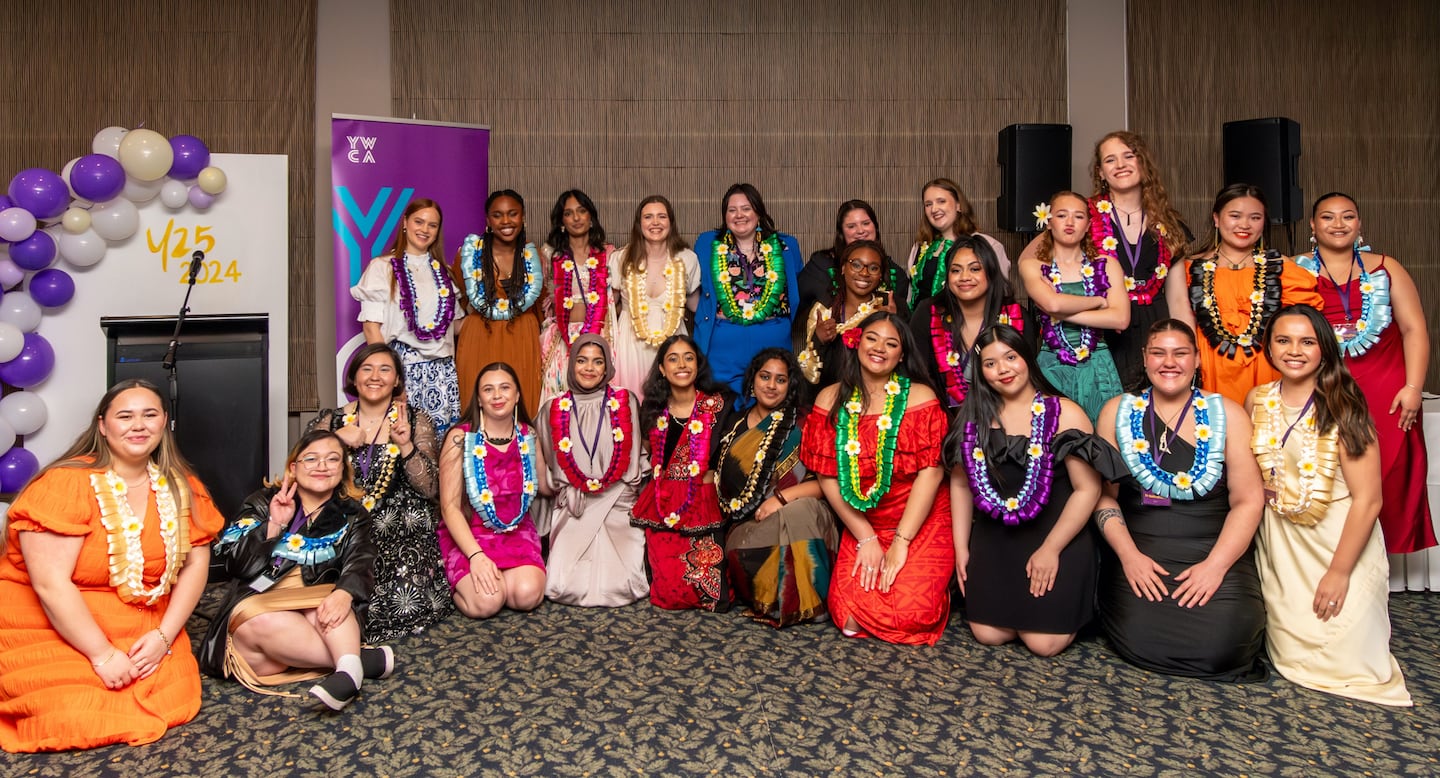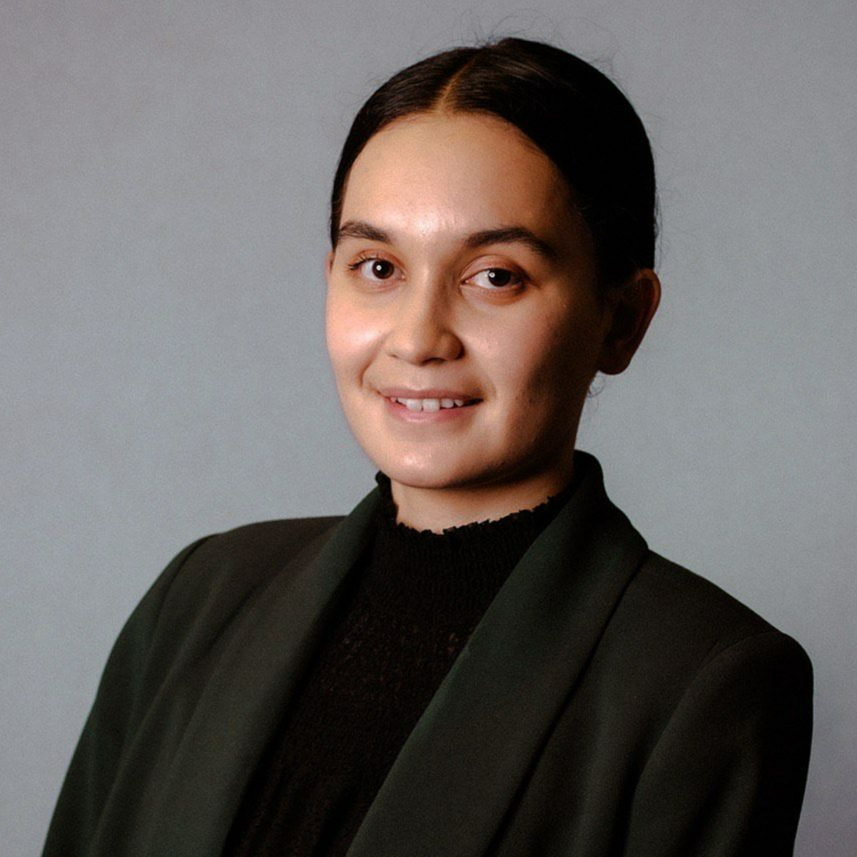Te Ao Māori journalist Natasha Hill catches up with five Māori wāhine from Y25 2024 (Young Leaders under 25). Maringi Kete (Ngāti Maniapoto, Te Whakatōhea, Ngāti Mahuta ki te hauāuru) is a barrister and co-founder of Te Ahoroa, the first Māori law student magazine. Nat Young (Kai Tahu, Waitaha, Ngāti Mamoe) created a website and database to enhance healthcare access for the LGBTQIA+ community. Noēll Ratapu (Rongowhakaata, Te Aitanga a Mahaki) is a medical refugee whose artwork is featured in galleries. Te Kahukura Boynton (Ngāti Kahungunu, Tūhoe, Te Whakatōhea) hosts the Māori Millionaire Podcast, focusing on financial empowerment. Tayla-Cade Petera-Gerrard (Te Rarawa, Ngāpuhi, Ngāti Porou) holds a degree in political science and Māori indigenous studies and is dedicated to supporting young people and hapori.
Q.What is the main message you hope to promote through your mahi?
Maringi Kete: There is a phrase from 12th century philosopher, Bernard of Chartres, who spoke of “standing on the shoulders of giants”, a metaphorical expression to understand the gained momentum one may have from its predecessors. I think of Sir Apirana Ngata when I hear this phrase.
Te Kahukura Boynton: My overall message I’m wanting to spread is that we have the power, capabilities, potential within our communities to overcome the obstacles our colonised system consistently puts whanau through.
Tayla-Cade Petera-Gerrard: Considering this whakatauki helps me stay grounded in my mahi - Hapatia te ara tika pumau ai te rangatiratanga mo ngā uri whakatipu, which means ‘foster the pathway of knowledge to strength, independence and growth for future generations.’
What do you think are the biggest challenges young wāhine/tāhine are faced with today?
Te Kahukura Boynton: I believe a lack of representation in all industries, spaces, and in media is a big challenge for our underrepresented communities.
Nat Young: We are dealing with inequalities for Māori, for Pasifika for the LGBTQI+ community, and for the disabled community. Then we are trying to decolonise ourselves, free Palestine, there’s climate change that we have to worry about. It’s not just one thing; it’s everything all at once.
Noēll Ratapu: From my own experience, getting access to proper healthcare, especially mental health services, is still a huge struggle.
What do you believe is the best solution for these issues?
Maringi Kete: People in power need to be dedicated to fostering talent and building opportunities for young people from across the country, particularly those from historically underrepresented groups and lower-income backgrounds.
Te Kahukura Boynton: Things like sharing a social media post of your favourite pakihi Maori, choosing to shop from pakihi Maori or share their business through word of mouth - truly make a HUGE difference.
Noēll Ratapu: Integrating mental health and digital literacy in schools as well as universities to teach students about emotional resilience, coping strategies, promoting healthy social media use, and how to seek help effectively.
Any advice for young wāhine/tāhine?
Te Kahukura Boynton: Become okay with ‘failure’. I personally don’t actually believe in ‘failure’. You either win or you learn. The only way to ‘fail’ is if you give up. But, if you don’t - each ‘failure’ is actually just a lesson, an opportunity to grow.
Noēll Ratapu: To not be afraid to take up space or ask for help, to be authentically yourself without feeling ashamed. To know your life experiences, struggles, generational trauma are just as valid as the next person.
Tayla-Cade Petera-Gerrard: Knowledge really is power and understanding the issues you care about and being informed on them, can strengthen your perspective and empower you to speak up confidently.



